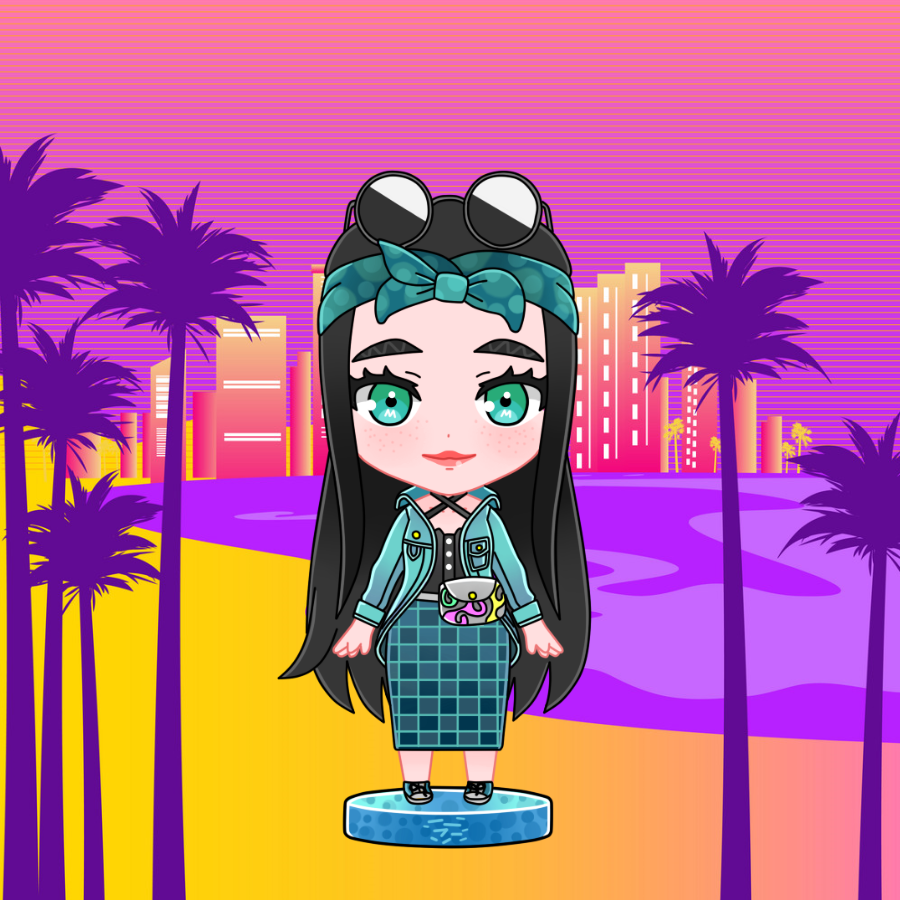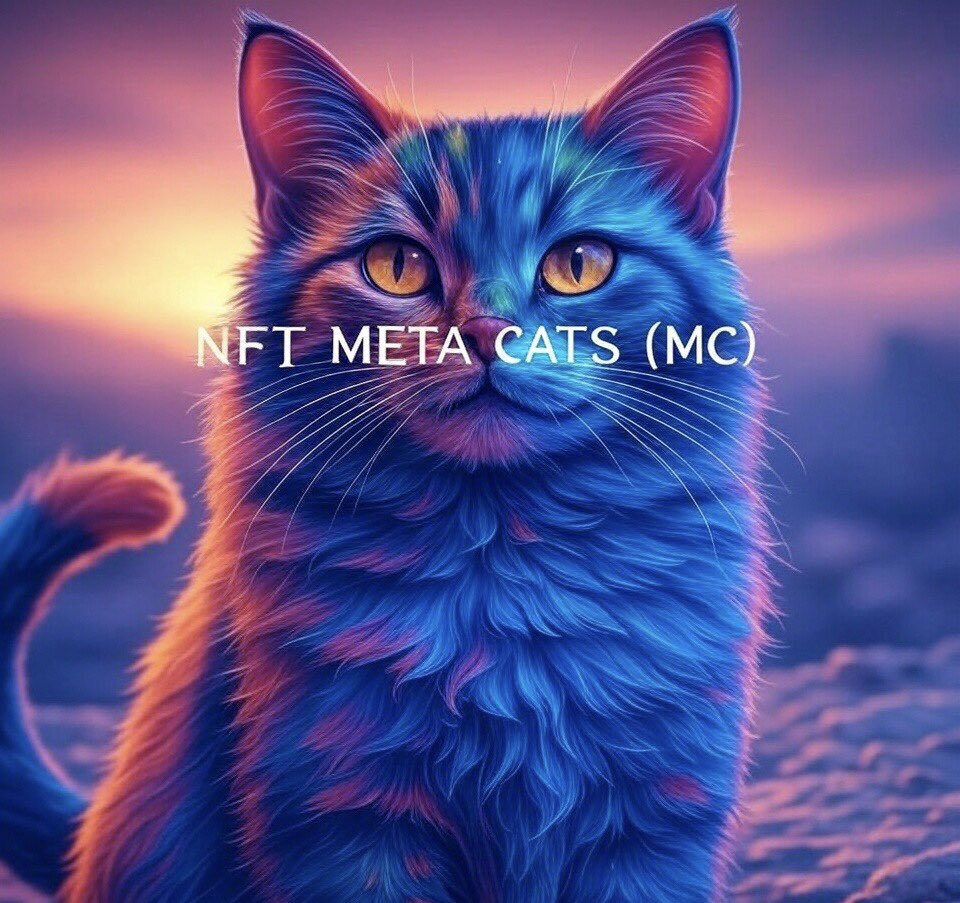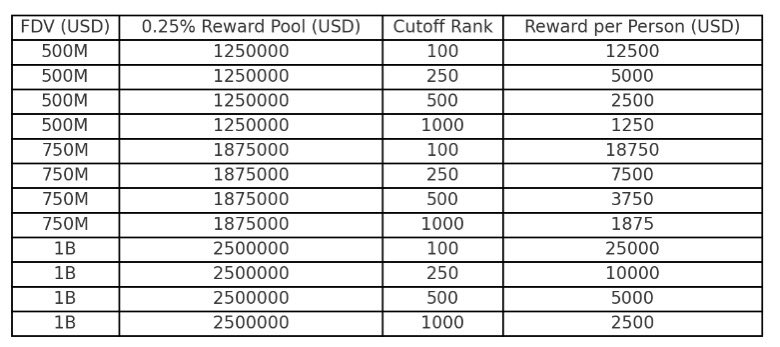The Intersection of Fashion and Social Media
In the digital age, fashion is no longer just about what you wear; it’s about how you present yourself to the world, and increasingly, how you present yourself online. Social media platforms have become the new runways, where influencers and everyday users alike showcase their unique styles, gaining followers and sparking trends. This phenomenon raises intriguing questions about the power of social media in shaping fashion trends and the rise of the digital stylist.
The Rise of the Digital Stylist
From Runway to Screen
Traditionally, fashion trends were dictated by high-end designers and runway shows. However, the advent of social media has democratized fashion, allowing anyone with an eye for style and a smartphone to become a trendsetter. Platforms like Instagram, TikTok, and Twitter have given rise to a new breed of influencers who curate their personal brands and share their fashion choices with the world. These digital stylists often have a keen understanding of what resonates with their audience, using their platforms to inspire and influence.
The Power of Visual Storytelling
One of the key strengths of digital stylists is their ability to tell a story through their fashion choices. Whether it’s a carefully curated Instagram feed or a series of TikTok videos, these influencers use visual storytelling to connect with their audience on a deeper level. By sharing their personal style journey, they create a sense of authenticity and relatability that traditional fashion magazines often lack. For instance, a digital stylist might post a series of outfits that reflect their mood or a particular theme, making their content more engaging and shareable.
The Science Behind Style Influence
The Psychology of Fashion
Fashion is more than just aesthetics; it’s a form of self-expression and identity. According to psychologists, the clothes we wear can influence our mood, behavior, and even how others perceive us. Digital stylists understand this psychology and use it to their advantage, carefully selecting outfits that not only look good but also convey a certain message or emotion. This emotional connection is what makes their fashion choices so influential. For example, wearing bright colors can make you feel more energetic, while neutral tones can evoke a sense of calm and sophistication.
The Role of Algorithms
Social media algorithms play a significant role in amplifying the reach of digital stylists. These algorithms are designed to show users content that they are likely to engage with, based on their past behavior and preferences. For digital stylists, this means that their fashion choices are often seen by a highly engaged and relevant audience, increasing the likelihood of positive responses and trend-setting. Algorithms can also help digital stylists understand what types of content perform best, allowing them to tailor their posts for maximum impact.
Case Study: ArtStyleMimi #560
A Closer Look
ArtStyleMimi #560 is a prime example of a digital stylist who has successfully leveraged social media to gain a following. With a keen eye for fashion and a knack for visual storytelling, ArtStyleMimi has curated a feed that resonates with her audience. Her fashion choices are not only stylish but also thoughtfully put together, often incorporating unique pieces and trends. By sharing her style journey, she has inspired her followers to experiment with their own fashion choices, creating a ripple effect that extends beyond her immediate audience.
The Impact
The positive responses to ArtStyleMimi’s fashion choices are a testament to her influence. By sharing her style journey, she has inspired her followers to experiment with their own fashion choices, creating a ripple effect that extends beyond her immediate audience. This kind of influence is what makes digital stylists so powerful in the fashion industry. For instance, ArtStyleMimi’s followers might try out new styles or brands based on her recommendations, further amplifying her impact.
The Future of Fashion
The Blurring of Lines
As social media continues to evolve, the lines between traditional and digital fashion are blurring. More and more designers are turning to social media to showcase their collections, while digital stylists are collaborating with brands to create capsule collections. This symbiotic relationship is reshaping the fashion industry, making it more inclusive and accessible. For example, a digital stylist might collaborate with a designer to create a limited-edition collection, reaching a wider audience and driving sales.
The Role of Data Analysis
Data analysis is becoming an increasingly important tool in the fashion industry. By analyzing social media data, brands and influencers can gain insights into what’s trending, what’s not, and what their audience wants to see. This data-driven approach allows for more informed decision-making, ensuring that fashion choices are not only stylish but also relevant and on-trend. For instance, a brand might use data analysis to determine which colors or styles are most popular among their target audience, allowing them to tailor their collections accordingly.
Conclusion: Embracing the Digital Fashion Revolution
The rise of the digital stylist is a testament to the power of social media in shaping fashion trends. By leveraging visual storytelling, understanding the psychology of fashion, and harnessing the power of algorithms, digital stylists like ArtStyleMimi #560 are influencing the way we think about and consume fashion. As we look to the future, it’s clear that the fashion industry will continue to evolve, driven by the creativity and innovation of these digital trendsetters. The question is, are you ready to follow and be inspired?
[1] Psychology Today. “The Psychology of Fashion: How Clothes Affect Our Mood and Behavior.” Psychology Today
[2] Forbes. “The Rise of the Digital Stylist: How Social Media is Changing Fashion.” Forbes
[3] The Business of Fashion. “The Future of Fashion: How Data is Changing the Industry.” The Business of Fashion











